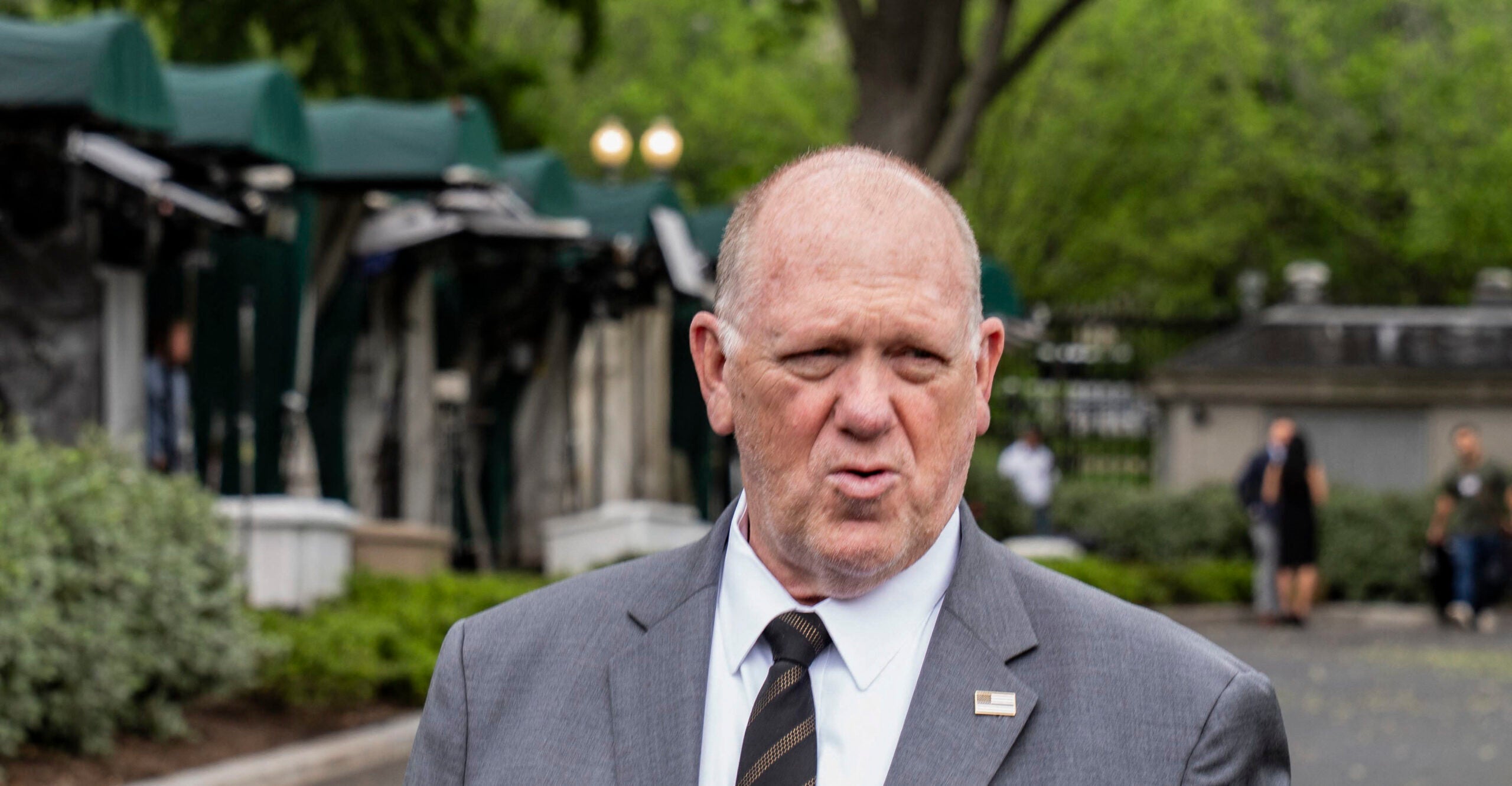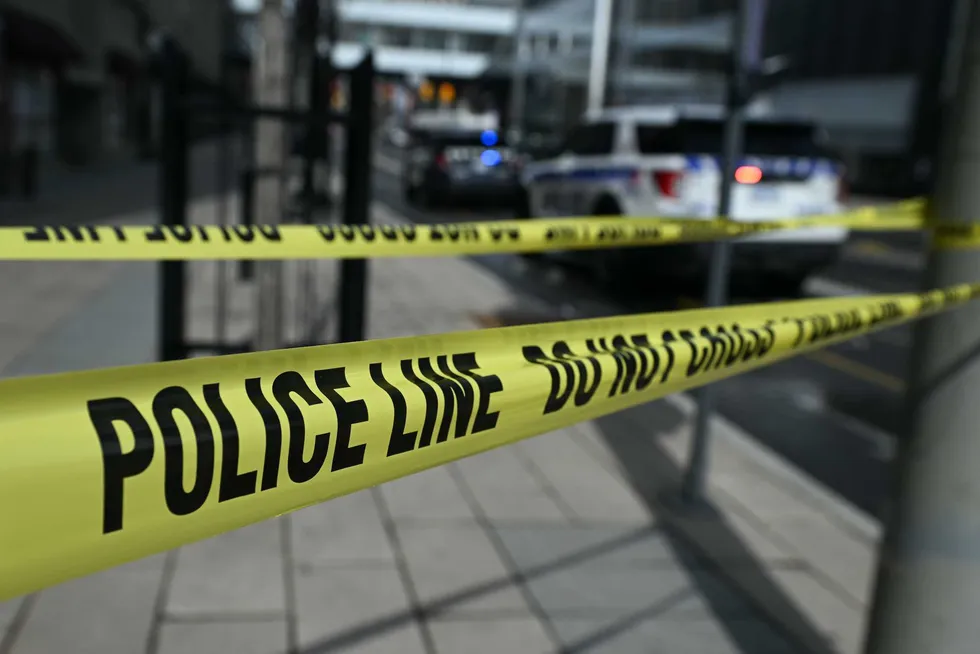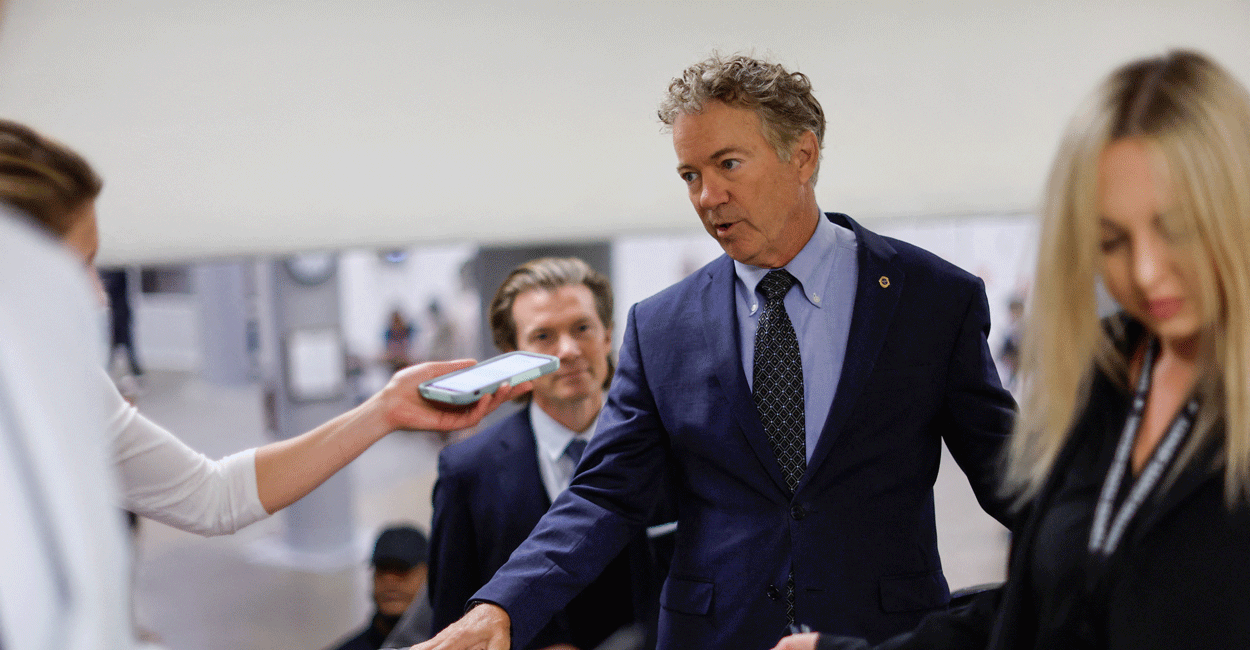10 Ways To Improve Visa Security

Today, America’s visa system is filled with loopholes and vulnerabilities.
Live Your Best Retirement
Fun • Funds • Fitness • Freedom
But fortunately, there are several simple ways to address those—a fact I emphasized in my Wednesday testimony in the House Judiciary Committee’s hearing on “Restoring Integrity and Security to the Visa Process.”
But what is a visa?
Let’s imagine America is a castle surrounded by a wall.
Anyone wanting to visit the castle first must go to the wall’s main gate and ask the guards—in this case, the U.S. Embassy or consulate overseas. The guards will want to know who the visitor is, where he’s from, what he does, and why he wants to enter the castle.
The guards ask a lot of questions and do their best to verify the visitor’s claims, but they are limited in what they can find out. Nonetheless, if satisfied as to his identity, intent, and truthfulness, they give him permission to go inside the wall and knock on the castle door.
That permission is the visa. It gives the holder the likelihood, though not the right, of being let in the castle.
When the visitor knocks on the castle door, the person at the door is a Customs and Border Protection inspector. He sees that the visitor has gotten past the guards but will still ask his own questions before letting the visitor inside.
Visas have three main vulnerabilities: fraud, vetting, and overstays.
Fraud is a fact of life in visa work, though it varies by place and person. Applicants, particularly in poor and corrupt countries, lie to get visas. I’ve been lied to thousands of times. Consular officers are unable to see or verify accurate records for most applicants, so they must use their professional judgment.
Vetting means checking for criminal records or other ineligibilities. Consular officers are limited to the information presented by the applicant and whatever exists in official U.S. government databases. For most countries, these do not include criminal records. Just as we require visa waiver countries to share real-time criminal background information for their citizens, we should ask the same of all countries in which we issue visas.
Some visa applicants lie about their reasons for traveling to the U.S. and stay longer than they should. Overstay rates by category of person and country of origin should be tied to refusal rates. The higher the overstay rate, the lower the visa issuance rate should be.
For example, recent reports from consular posts have shown that student visas to learn English as a second language have a high rate of overstay. The State Department and U.S. Citizenship and Immigration Services should act in concert to strip schools with high overstay rates of the right to admit foreign students and should limit issuing student visas in those countries of origin.
A visa is a privilege, not a right. Just as the passing stranger has no right to get into the castle, no one has a right to enter another country. We are under no obligation to admit foreigners who plan to come to the United States not to visit, study, or do legitimate business, but to promote antisemitism, incite terrorism, or act adversely to U.S. foreign policy.
U.S. law gives the president and secretary of state wide discretion to keep undesirable foreigners out, and their use of this constitutional prerogative must not be obviated by judicial overreach.
At the same time, like many federal programs, the original scope of some visa categories has warped into something unintended by Congress.
For example, student visas were originally created so foreign nationals could study in the United States and then return home to build their countries. We have always had ways to retain the very best, but it was never intended that a student visa automatically lead to permanent residency. The Optional Practical Training program which facilitates this is not statutory and should be terminated.
Similarly, the H-1B visa was created thirty years ago to fill a short-term need for skilled labor, with a limit of 65,000 a year. A significant proportion of H-1B workers are paid below the median wage for their jobs. Further, H1Bs disproportionately benefit large tech firms and foreign outsourcing companies at the expense of smaller employers, American workers, and recent graduates. The H-1B has evolved from a temporary work visa into a de facto immigrant visa that disproportionately benefits one country—India.
Today, the unemployment rate for recent college graduates is nearly 6 percent, twice the rate for all graduates. Thirty to seventy percent of Science, Technology, Engineering, and Math graduates don’t work in STEM fields.
But even as they lay off thousands of workers, major U.S. companies continue to petition for thousands of H-1B workers, claiming they can’t find qualified Americans. We need to return the H-1B program to its original scope and put our own children and workers first.
There are other concerns with student visas.
Currently, Chinese make up the largest number of students, with almost 300,000 in the country—some of whom commit espionage against the U.S. government, companies, and university research programs. Although visa screening exists to prevent this, Chinese applicants can currently enter on a tourist or other innocuous visa category and then adjust their status to student without triggering any additional vetting.
We should not allow this. Visa holders seeking to change their status to student, researcher, or worker should go home first and apply at a U.S. embassy so they are properly scrutinized.
But perhaps the biggest vulnerability of temporary visas is that holders can claim asylum once they’re in the U.S. With lengthy process, appeals, and a massive backlog of cases, it is too easy to use a fraudulent claim to remain indefinitely. Thus, embassies should tie rates of asylum claims by visa holders to future issuance rates.
Congress should restore integrity to our asylum laws to speed up decisions, make it harder to claim on frivolous or fraudulent grounds, and ensure deportations are carried out if ordered.
There are many other possible ways to reform the visa regime and increase efficiency and integrity. For example:
- Prioritize education and skills over family reunification.
- Reduce the number of visa categories.
- Reduce the availability of waivers for ineligibility. (What’s the point of a bar that nearly everyone can jump over?)
- Reduce numbers and tighten criteria for petition-based work visas to protect domestic workers.
- Reduce the standard authorized stay from six months to 90 days, and better track when visa holders exceed it.
- End the vague “Duration of Status” for foreign students and journalists and instead provide them an “Admit Until Date” like other temporary visas.
- Encourage consular officers to apply the Public Charge rule to prevent migration of probable indigents.
- Limit the schools that can admit foreign students to only accredited institutions with a good compliance record and a limited percentage of foreign students.
With our southern border no longer wide open, and with interior enforcement once again underway, we finally have time to consider all these ideas and more.
The post 10 Ways To Improve Visa Security appeared first on The Daily Signal.
Originally Published at Daily Wire, Daily Signal, or The Blaze
What's Your Reaction?
 Like
0
Like
0
 Dislike
0
Dislike
0
 Love
0
Love
0
 Funny
0
Funny
0
 Angry
0
Angry
0
 Sad
0
Sad
0
 Wow
0
Wow
0











































































